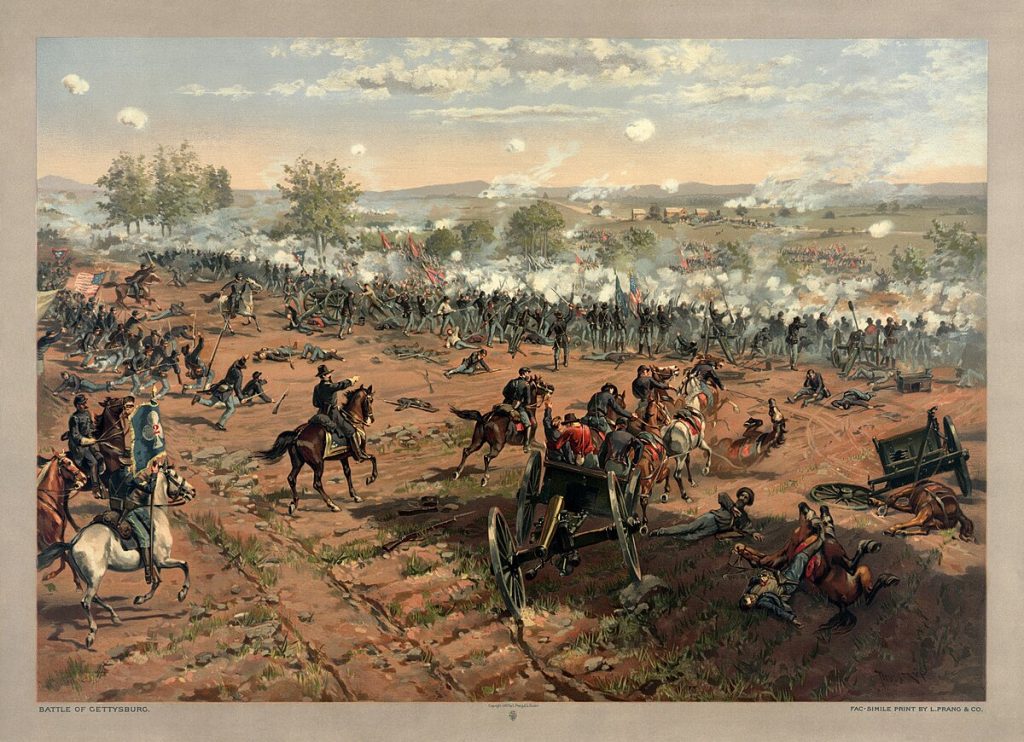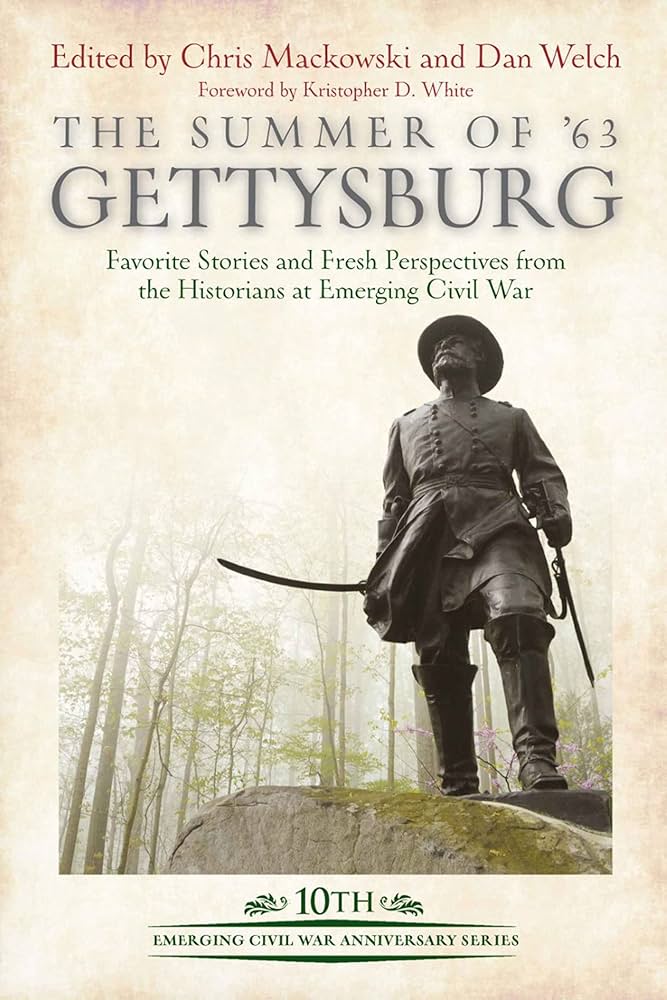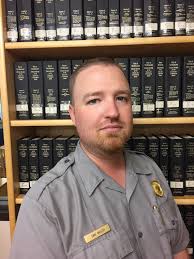
My historical novel Brookhaven is set during the Civil War’s final two years and immediately after, and then in 1915, 50 years later. The moment that sets the story into motion happens in late April of 1863 – Grierson’s Raid, in which a troop of some 1700 Union cavalry made their way through Mississippi from the Tennessee border to (eventually) Baton Rouge, Louisiana. The soldiers came to Brookhaven, most notably burning the train station and tearing up railroad track.
The raid had a specific point: divert attention from Gen. Grant’s army preparing to cross the river from Louisiana and end the siege of Vicksburg, the last Confederate position on the river. The fall of Vicksburg would been the Union controlled the entire length of the river and would split the Confederacy in two.
The Vicksburg campaign was covered in a collection of articles edited by Chris Mackowski and Dan Welch, part of a series called “Summer of ’63.” Their Vicksburg & Tullahoma covered the events and milestones of that campaign, including a raid on Mississippi’s capital of Jackson, which eventually led to a Union victory.

Now Mackowski and Welch have done it again, this time turning to another major Union victory in 1863 – the Battle of Gettysburg.
The Summer of 1863: Gettysburg follows a similar format. Mackowski and Welch have gathered and edited articles from the Emerging Civil War web site (which I can’t recommend highly enough if you’re interested in American history generally and Civil War history specifically). When you read a concentration of work like this, you realize just how fine the historical scholarship is on the site.
The subjects include understanding why the Battle of Chancellorsville is so vital to understanding Gettysburg; how Gen. Meade took control of the Union army on the eve of battle; the mascot of the 11h Pennsylvania; prominent local families; how the Union retreated through the town at the beginning of the three-day battle; the impact of three men on the battle’s outcome; the role of Stonewall Jackson; the poet and writer Herman Melville on Pickett’s Charge; the aftermath, including the effort to punish Gen. Meade for “allowing” Lee’s army to escape; how the wounded saw the battle; how the battle was memorialized; the famous 1913 reunion of both Union and Confederate veterans,; and much more.

A professor at St. Bonaventure University, Mackowski has received B.A., M.A., M.F.A., and Ph.D. degrees in communication, English, and creative writing. The author of some nine books, he’s written extensively on the Civil War for a number of publications. He also worked for the National Park Service and gave tours of the Civil War battlefields at Fredericksburg, Chancellorsville, Wilderness, and Spotsylvania.

Welch is an educator in a public school district in Ohio and serves as a seasonal park ranger at Gettysburg National Military Park and associate editor of Gettysburg Magazine. He’s written two books in the Emerging Civil War Series and co-edited several volumes.
A collection like The Summer of ’63: Gettysburg makes you appreciate the quality of the articles at Emerging Civil War. It also reminds me of the debt I owe to the writers there; I spent considerable time using the site for research and background for Brookhaven. It’s a debt I can’t repay. And my book has been published for some months, yet I still spend considerable time on the web site.
Related:
The Summer of ’63: Vicksburg and Tullaloma, edited by Chris Mackowski and Dan Welch.
Top illustration: The Battle of Gettysburg as depicted by artist Thure de Thulstrup for Harper’s Weekly.

Leave a Reply